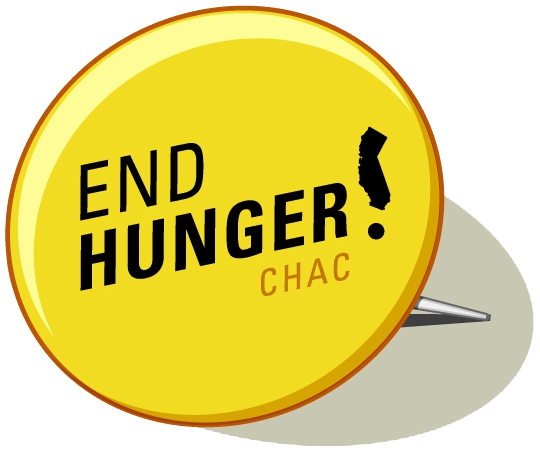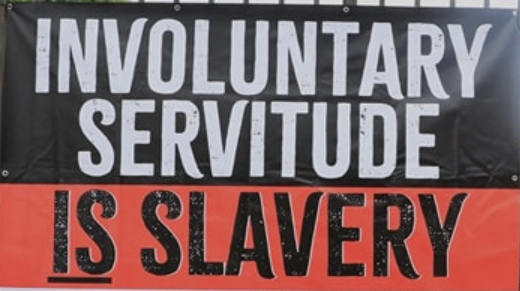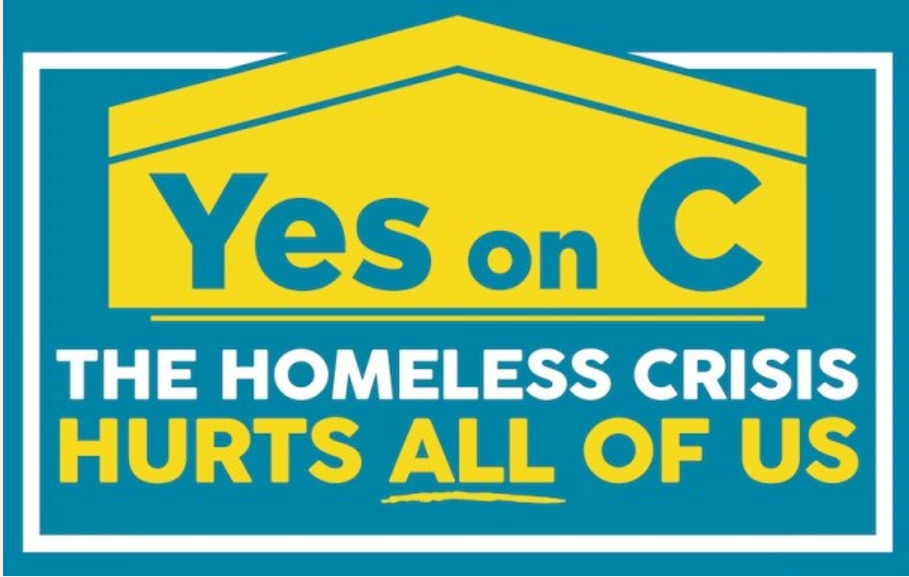GLIDE Forward
- Governance Structure FAQs
- Cecil Williams Ambassador Community Program
- Preliminary Project Assessment FAQs
- UMC Update
- Employee Spotlight
- The Heart of Access (documentary on city-wide response to Covid-19)
Contact GLIDE
GLIDE Forward

GLIDE is a proud member of the California Hunger Action Coalition (CHAC), a statewide coalition of community-based organizations and food banks committed to ending hunger in California. CSJ was the Chair of Hunger Action Week (May 15 – 19) in 2023 (as well as 2022 and 2021). This year, 143 people registered, and CHAC scheduled and participated in over 30 meetings with legislators and their staff in order to mobilize for this year’s policy agenda. We advocated for bolstering the emergency food system; improving immigrant food access; boosting CalFresh benefits; supporting older adults, people with disabilities, and school-age kids; and sustaining and expanding access to diapers and period products.


The Key to Transforming the Homeless Crisis
GLIDE assists people who are homeless or on the brink of homelessness every day, and we have witnessed the effects of the housing crisis on everyone from working families to retirees to disabled trying to access shelter. As a community that values unconditional love and radical inclusivity, we are compelled by our faith and our love to act.
Led by a coalition that included GLIDE and the Coalition on Homelessness, this initiative was crafted with input from dozens of stakeholders, including homeless people, business leaders, homeless service providers, tenant groups, religious organizations, city department heads and a host of concerned San Franciscans.
We thank the voters of San Francisco, our partners and Justice Warriors for passing this initiative.
Why?
Passed by the voters of San Francisco in November 2018 with 61% of the vote
Legal challenges and victory
What Prop C will achieve
Permanent solutions:
Transforming our severely underfunded mental health and substance abuse system:
Preventing homelessness:
Shelter and hygiene programs:
Prioritizing services:
How will this be paid for?